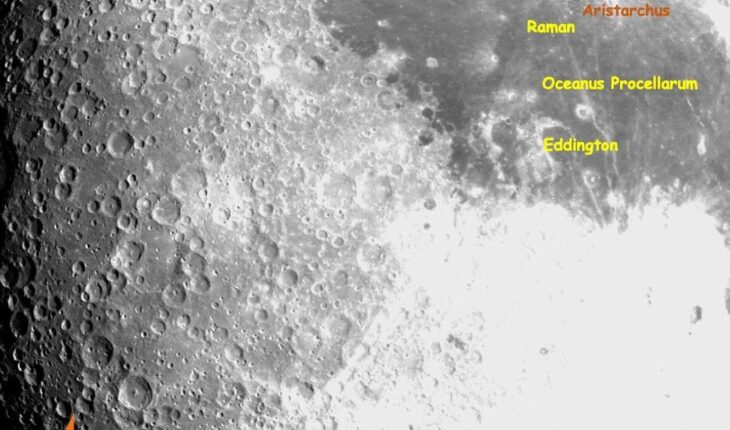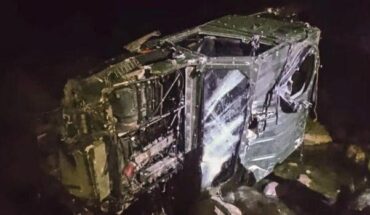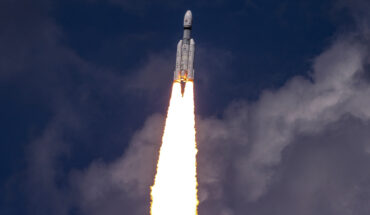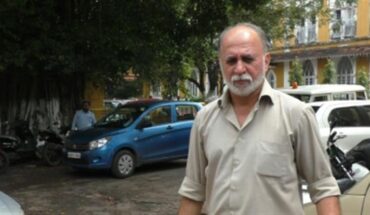Bengaluru : Indian Space Research Organisation (ISRO) has released two images taken by the Chandaryaan-3 spacecraft. The first image is the Earth as viewed by Lander Imager (L1) camera. The Second image is of the Moon captured by the Lander Horizontal Velocity Camera (LHVC) on board the spacecraft on August 6.Isro guided Chadrayaan-3 even closer to the lunar surface –It’s now at 1,437 km at Apolune (farthest point from moon)with the completion of its third lunar-bound manoeuvre, including the lunar orbit insertion (LOI) carried out on Sunday.
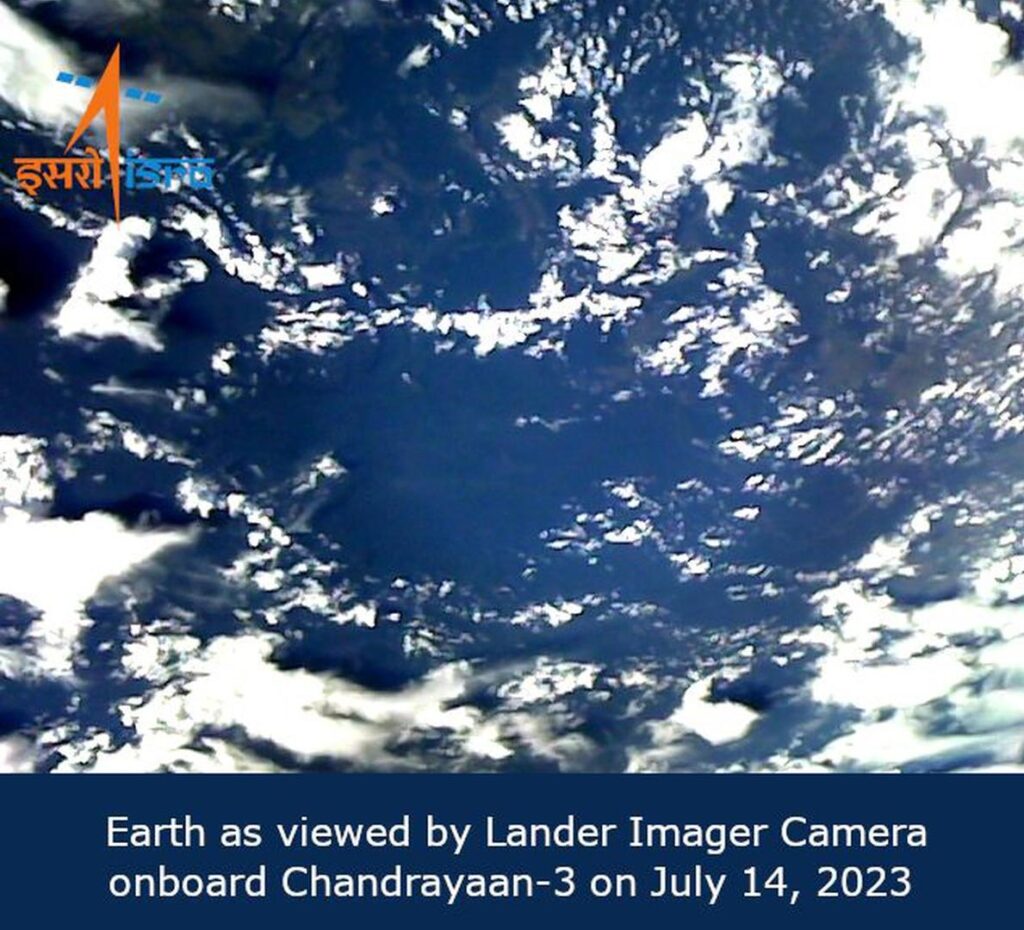
The next lunar-bound manoeuvres will be on August 14, when Isro will futher reduce the distance between the spacecraft and Moon, on August 16 , when Chandrayaan-3 enters the 100 km circular orbit, and August 17 , when the landing module, comprising the lander Vikram and the rover Pragyan break away from the propulsion module. Once Vikram, with Pragyan sitting inside, separates, Isro will de-boost it to an orbit where the perilune (closet point to Moon)is 30 km and the Apolune is 100 km. The final landing will be attempted from this orbit. S Somnath, Isro chairman, in a lecture at the event organised by Disha Bharat, an NGO in bengaluru, reiterated that various redundancies introduced in Chandrayaan-3 to ensure a safe landing on August 23.
Somnath said, “The most critical part of landing is the process of reducing the velocity of the lander from 30 km height to the final landing. At 30km, the the spacecraft is horizontal. Transferring the spacecraft from a horizontal orientation to vertical is very challenging. We had problems here with previous mission Chandryaan-2.We have to ensure that not too much fuel is consumed, the distance is calculated correctly. All algorithms work…For this, We have changed the guidance design, introduced newer algorithms and extensive simulations have been done” he added.
Meantime in other development Isro discusses Moon, Sun data sharing with Japan. Isro chairman S Somanath and National Astronomical Observatory of Japan director – general Saku Tsuneka discussed multiple possibilities of collaboration as part of Indo-Japanese bilateral relations and partnership through QUAD—Quadrilateral Security Dialogue between Australia, India, Japan and the US. Tsuneka, also the vice-chair of Japan’s cabinet committee on National Space Policy (CNSP) met with Somanath at the Isro head quarters in bengaluru. “India-Japan space science co-operation at national level, space agency level (Isro and JAXA) and institutes-level were discussed with specific reference to the proposed joint Lunar Polar Exploration (LUPEX) mission,” ISRO said.


